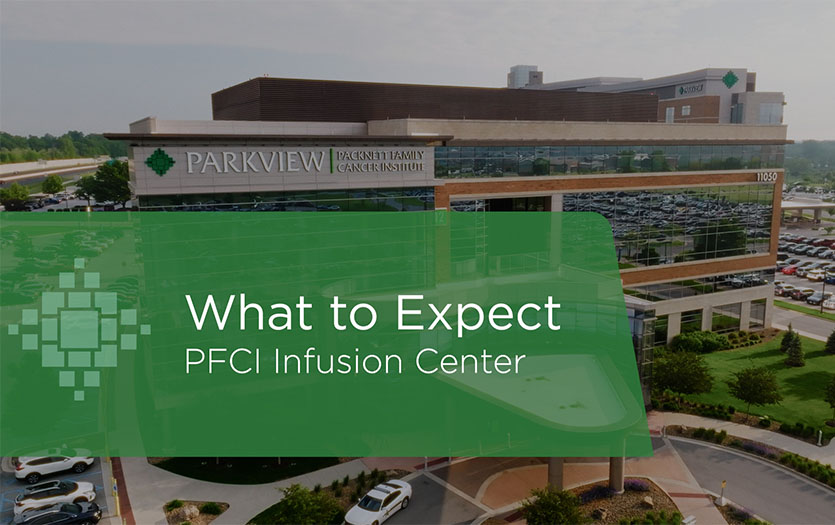
For cardiology patients, the vast list of rewards garnered from a 12-week cardiac rehabilitation program are significant. Mark O’Shaughnessy, MD, PPG – Cardiology, explains some of the physical and social incentives for taking advantage of these services.
Definition
Cardiac rehabilitation is a provision of comprehensive long-term services involving medical evaluation, prescriptive exercise, cardiac risk factor modification, education, counseling and behavioral interventions. While the exercise piece is one vital aspect, the education and behavioral modification are also incredibly effective. Studies show that it takes approximately 90 days for a behavior change to become ingrained, which is why most post event rehab programs are 12 weeks.
Indications
Cardiac rehab is most commonly recommended for patients who are post myocardial infarction (MI), post cardiac surgery, or who have congestive heart failure (CHF).
Benefits
The pros of a cardiac rehab program are extensive. We see a 47 percent reduction in recurrent heart attack, a 36 percent reduction in mortality post MI and a 30 percent reduction in mortality in patients with CHF.
Cardiac rehab significantly reduces instances of readmissions to the hospital in all groups, as well as health care costs. This is why Medicare and all insurance companies are willing to pay for this important service.
One of the greatest gains, which many people aren’t aware of, is the improvement to quality of life measures. Cardiac rehab is an excellent vehicle for social interactions. We are social beasts, and studies have shown that strong social ties improve quality of life, decrease disease and mortality and decrease depression. Studies have documented actual changes in our DNA with strong social interactions. The field of epigenetics is fascinating, and has uncovered that strong social interactions have been documented to alter gene expression. Other studies have documented alterations in our brain function and physiology that have long term beneficial effects on our health.
The physical aspect is also important. Cardiac rehab participants typically see an improved exercise capacity. For example, CHF patients will see gains in the 6-minute walk test, meaning they can walk longer after rehab than they could at the start of the program. They’ll also see improvements in their VO2, or oxygen consumption (the efficiency of the cardiovascular system to perform exercise).
Benefits of exercise
The value of physical activity for cardiovascular health includes, but is not limited to:
- Anti-inflammatory – We believe inflammation plays a role in artery disease, and anything that can decrease inflammation is beneficial.
- Anti-thrombotic – Blood clots are the cause of heart attacks, and exercise triggers changes in the blood that decrease the chance of clotting. It has a natural blood thinning effect.
- Anti-arrhythmic – Bad heart rhythms are common with any form of heart disease, and exercise has been shown to suppress these rhythms.
- Improves glucose control, blood pressure and cholesterol – These are the three big risk factors for heart disease.
- Weight reduction – This is a great reason to participate for many people, given the obesity epidemic and our weight obsessed culture.
- Reduce stress – Researchers have documented actual changes in brain chemistry and function correlated to exercise.
- Improved exercise capacity – No matter what condition a person is at baseline we can always improve our conditioning.
Key takeaways
It’s important to remember that heart disease is not a death sentence. The majority of heart disease is preventable with lifestyle modification, and cardiac rehab post event is a major step toward a healthy lifestyle. Whether you’re recovering from an event or managing an ongoing condition, don’t underestimate the power of exercise and a well-rounded program.



